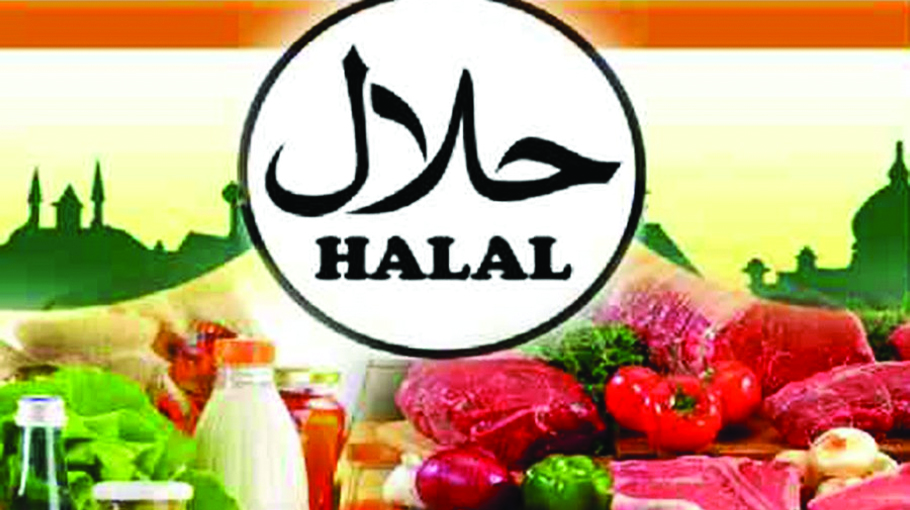Move to foster Halal food export

Halal food products export is likely to get a boost as the authorities concerned are planning to issue halal certificates of food products and cosmetics maintaining the global standard for expanding export basket.
Bangladesh Standards and Testing Institution (BSTI) has decided to issue halal certificates of food products and cosmetics in the country to increase product acceptance and export.
According to government information, the country’s export earnings have been steadily increasing over the last few years. The government now plans to diversify its export products. Food products are now being exported to various muslim countries as there is a great demand for halal products in these countries. BSTI has, therefore, taken an initiative to issue halal certificates.
BSTI deputy director Reazul Haque told Bangladesh Post, “As the halal food demand is globally increasing, we are working on it to boost our export. Arrangements have been made for certification of halal products. But we have to improve the quality of our products to increase the export.
We have trained our lead auditors and our lab is also ready. If any party knocks us, our auditors will inspect their factories quickly. Then we will provide halal certificates following the recommendation,” he added.
According to experts, the country’s participation in global halal market is very poor. Bangladesh is not in the list of exporters of top ten categories such as halal food, halal tourism, halal pharmaceuticals and halal cosmetics. For lack of wide publicity global buyers know little whether the products Bangladesh exporting are being produced halal or not.
Due to lack of halal certification the country’s meat export has not found wide market in many countries in the Middle East, including Saudi Arabia, despite having a great potentiality.
Senior vice president S M Jahangir Hossain of Bangladesh Agro-Processors’ Association (BAPA) told Bangladesh Post, “We are still lagging behind in halal food export. Halal certification process must start rapidly.
We have been demanding a separate Halal Certification Body for long to facilitate the sector. A separate governing body can make the sector more effective,” he added.
According to him, fresh food export was worth US$ 160 to US$ 180 million last year, while processed food export earnings were US$ 250 million last year. It has a vast market, which can be explored further.
Pran-RFL Group, marketing director Kamruzzaman Kamal told Bangladesh Post, “Getting all sorts of certification under one roof will definitely save our time and increase export. But this process needs to ensure time frame and global standard.”
The global market in 2024 will be US$ 10,500,00 crore. Potential food export items include vegetables, fruits, spices, beef, fish, frozen food, frozen chicken, and various other chicken-products.
It is to be noted that globally Muslim nations spent $1.3 trillion in 2017 for halal food and beverages, while the country earns US$ 1 billion crore from this sector.
It is learnt that because of weak infrastructure, inadequate eco-system, low quality of certification, and low value addition, the country is falling behind in conformity, assessment, and losing competitiveness in the international market.




